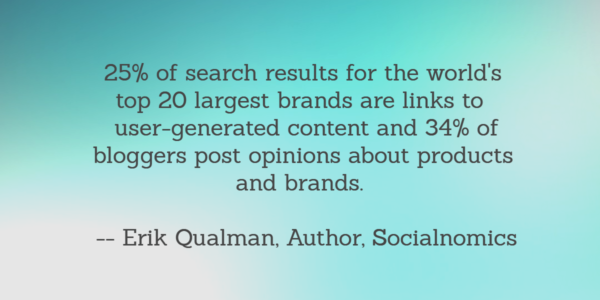WebWise Rule 3:
Give your customers the best room in the house, and hang out in there with them.
Magic will follow.
 We create online communities where your most experienced customers can show off their mad skills, and your newbies can quickly master even your most complex products.
We create online communities where your most experienced customers can show off their mad skills, and your newbies can quickly master even your most complex products.
Although community health is usually measured in numbers of users, posts, threads, etc., we think about it from the other direction: the individual visitor. When someone needs help with a complicated new software package their company purchased for them, how helpful is our community? If we get high ratings on that question, it puts all the other metrics in the proper context.
We have seen community sites advertise themselves as the pre-eminent site for a user base simply based on the number of threads in the forums or blog posts in the archives. But when you ask users why they like their communities, they talk more about the quality of the content, the frequency of updates, the helpfulness of the site administrators, and the overall sense of belonging. Quantity of archived threads and posts doesn’t make the list.
We work hard to make it feel like we built it just for them, they’re not alone, they’re not stupid, and the reason we have the answer is because they are asking such a good question.
Benefits
We have loads of data that shows that when you have a healthy, vibrant community of users,
- Your support costs go down
- Your retention levels stabilize
- Your elite group of power users expands
These power users become your product evangelists within their own social networks, and their influence can be detected at every stage of the sales funnel.
What’s more, our Community Rewards program rewards product users for submitting tips and articles about their own experiences using your products. This content is golden — an inexpensive, ever-expanding inventory of fresh content that is more trusted than marketing content, and thus more highly valued by Google.
And as if you needed another reason to do it — your community will happily tell you what they wish you would build for them, what your competitors are up to, and what you can do to keep their bosses from buying from someone else. This kind of marketing intelligence is priceless. (Well OK, it comes at a rather hefty price. We know because companies sometimes hire us to gather this data for them.)
Results
Our corporate communities are typically among the top three or four most popular content sets on their respective sites. They typically attract a large percentage of new visitors to the site, because of their inherent ability to match long-tail searches. Two years ago we were asked to track the contribution of the community blog content to customer acquisition, and our findings astonished those who had believed it was a post-sales tool only.
Community content, authored by users (as opposed to marketing content authored by a business) is preferred by Google because it is deemed to be more trustworthy. Ironically, it is also the least expensive content on the entire website. So our communities create a virtuous cycle of satisfied customers who give back to the community by writing content, which attracts more users to the community, who may purchase, and eventually give back to the community by writing content. All for the cost of the Rewards Points, which pay people more in bragging rights than actual dollar value. (The dollar value only amounts to approximately 1/10th of the fees of professional writers for writing the same kind of content.)
We have been running online communities for large companies since 1996. (Before they were even called communities.) And the really interesting thing is: the technologies may change, but the core of this work is exactly the same as it was in the beginning.
- Find a few people who know a lot about your products
- Give them a platform and an ongoing incentive to share their knowledge
- Structure the culture to promote niceness and helpfulness (stomp out trolls)
- Help Google find all that fresh content being churned out
- Help new customers find the community
- Encourage employees to get involved
Magic happens every time you do this. We’d love to help.

